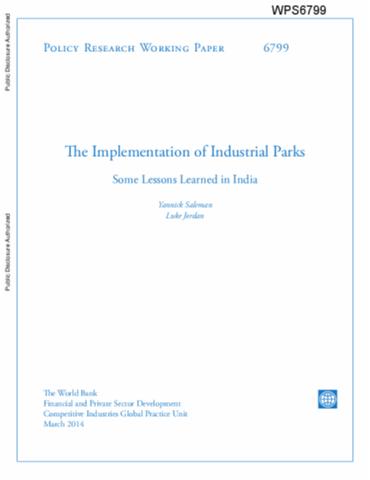The Agribusiness Innovation Center of Mozambique : Developing Value Adding Market-led Post-harvest Processing Enterprises in Mozambique
Agriculture and fisheries are the main pillars of Mozambique's economy, having contributed in the last few years to more than 25 percent of the gross domestic product (GDP) and around 7 to 11 percentage points of the rate of economic growth. Agricultural development in Mozambique has been part of the government agenda because it is crucial to reducing poverty within rural zones.




